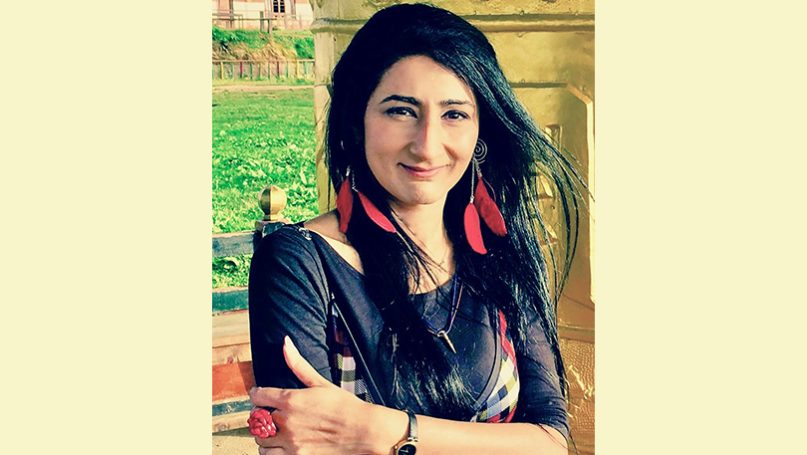
Listen on Spotify
In this week’s episode of the Thinking Global podcast, Nitasha Kaul speaks with the team. Professor Kaul begins by exploring Democracy in India, discussing thinning press freedoms and the effect of technological change and surveillance on Indian Democracy. From here, Professor Kaul speaks about the status of Human Rights and Human Rights Abuses in Indian Administered Jammu and Kashmir, prior to an exploration of the response to such abuses by the international community.
Professor Nitasha Kaul (@NitashaKaul) is a multidisciplinary academic, award-winning novelist, and media commentator. She is a Professor of Politics, International Relations, and Critical Interdisciplinary Studies and the Director of The Centre for the Study of Democracy (CSD), University of Westminster, London (@UniWestminster). Her work, over the last two decades, has been on identity, democracy, political economy, technology/AI, Hindu nationalism in India, rise of the global right, feminist and postcolonial critiques, small states and Himalayan geopolitics, Kashmir, Kerala, and Bhutan. She is the recipient of multiple research grants and awards for her research, writing, and activism. She is the author of over 145 publications, including 7 single-authored or edited scholarly and literary books, book chapters in numerous critical and ground-breaking edited collections, plus peer-reviewed original research articles in numerous journals across humanities and social science disciplines. Her books include ‘Imagining Economics Otherwise‘ (Routledge, 2007), and political fiction telling the stories of conflict and identity, such as her novel ‘Future Tense‘ (Harper Collins, 2020) and the Man-Asian Literary Prize shortlisted novel ‘Residue‘ (Rainlight/Rupa, 2014) that was the first novel in English by a Kashmiri woman author. For more information, please see Professor Kaul’s CV Portal.
Thinking Global is also available on all other major podcast platforms.